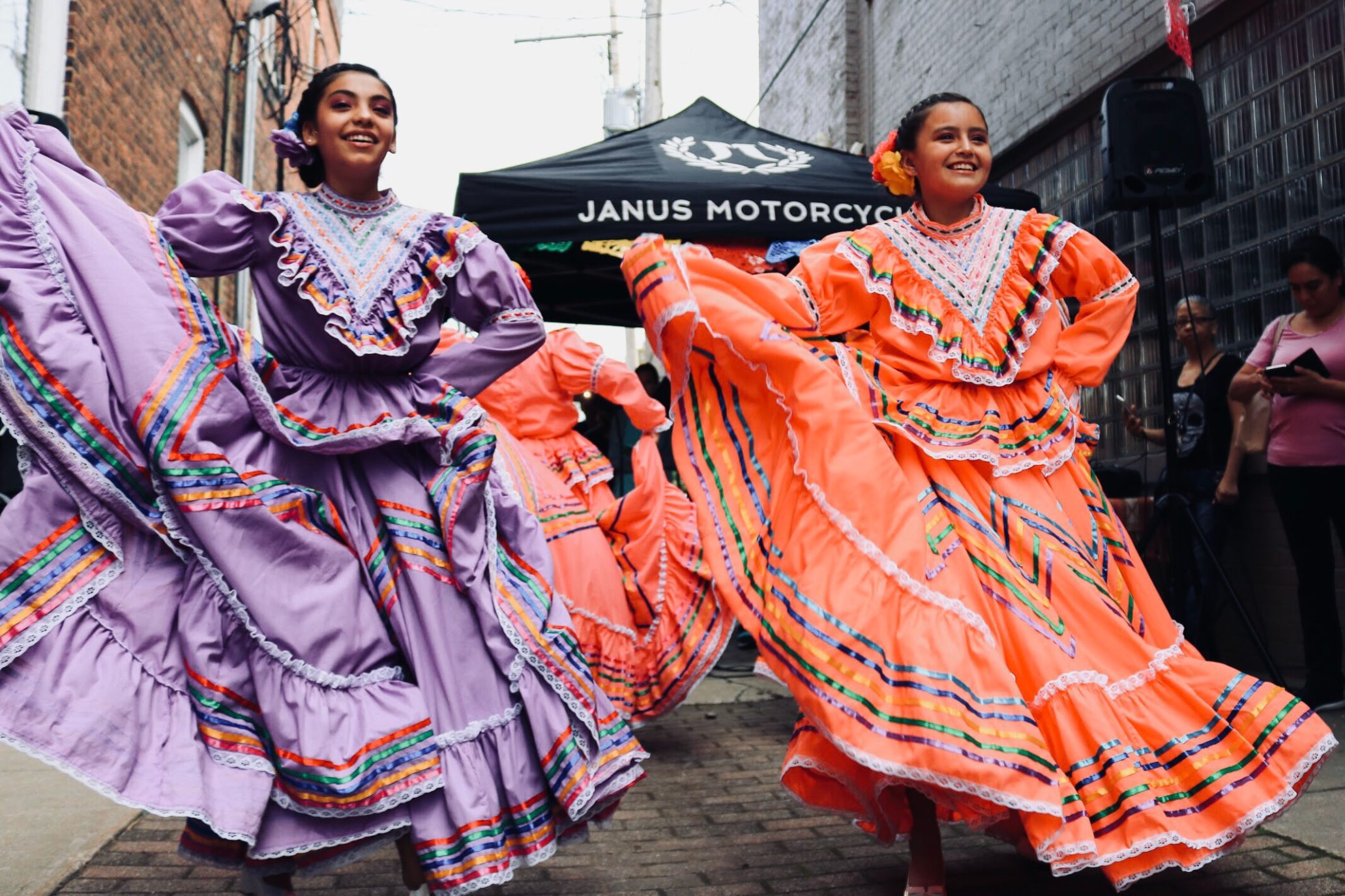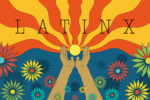The first Hispanic Heritage Week was observed in 1968 by President Lyndon B. Johnson and was meant to recognize the cultures and accomplishments of Latin Americans in our nation. Two decades later, President Reagan created Hispanic Heritage Month by extending the week-long commemoration to a month-long celebration that lasts from Sept. 15 to Oct. 15. Hispanic Heritage Month falls during various Latin American countries’ independence day celebrations. The launch date was chosen because it falls on the independence days of the five “Central American neighbors,” as Johnson referred to them: Costa Rica, El Salvador, Guatemala, Honduras, and Nicaragua. On Sept. 15, 1821, the five neighboring countries formally proclaimed their independence from Spain.
Johnson also included a reference to Mexico in his original Hispanic Heritage Week, remarking on the country’s declaration of independence from Spain on Sept. 16, 1810. Although not specifically mentioned by Johnson, Chile also commemorated its independence from Spain during that very week, celebrating on Sept. 18. Belize was later added to the list of countries that celebrate during what is now Hispanic Heritage Month after it declared its independence from Great Britain on Sept. 21, 1981.
Hispanic Heritage Month means a lot to me as a first-generation student. My family’s culture impacts how I view the world around me. Some of the ways it has impacted me are through the values that have been instilled in me since I was a young kid. To me, Hispanic Heritage Month also means appreciating the sacrifice my parents made when they uprooted their entire lives to benefit my future.
The term “Hispanic” refers to persons who are either directly or indirectly descended from a country with a significant Spanish-speaking population, primarily from Spain or a nation in Latin America. Regardless of race, the terms Hispanic, Latino or the more contemporary word Latinx relate to a person’s culture or origin. And so the question “Is Hispanic a culture?” is frequently asked, but the response is frequently misinterpreted. While the term “Hispanic” can be used to describe someone as coming from a Spanish-speaking nation, it can also be used to describe the cultural characteristics that are shared by this group of people.
It’s essential to understand what culture is to understand what makes Hispanic culture distinctive. Generally speaking, culture is defined as the collective beliefs, traditions, practices, languages, religions and other aspects of the daily life of a group of people who normally reside in the same geographic area. One of the most important values that Hispanic families frequently uphold is religion. Often taking the form of Catholicism (though this is not always the case), faith is typically at the center of the family. Other family-centered values include extreme respect for elders, music as a form of self-expression, as well as written and oral literature, which has a long history in Hispanic culture.
If you’ve ever attended a Hispanic family celebration, such as a wedding, barbecue or birthday party, you’ve probably noticed how important dancing is to the culture. Different dances are rooted in different nations. You may have heard of some of them, such as salsa, merengue, bachata and so many more. Similarly, different Latin American countries are known for their own dishes that are unique to them. For example, a common food trend that has gone viral on TikTok is the dish birria tacos, which are one of the best Mexican tacos that I have ever tried!
Hispanic Heritage Month is a wonderful opportunity to learn about or integrate into Hispanic culture. Occasionally venturing outside of your comfort zone is the best approach to figuring out what you enjoy and what you dislike. When you are raised in a home where you have only experienced your own family’s culture, you are less attracted or inspired to try something new. In fact, when I nannied for an Indian family, I experienced the same emotions. Before I worked for the family, I would never have made an effort to explore the Indian culture or cuisine, but the mother frequently prepared meals for me, and what she cooked was some of the best food I have ever tried. I am now an Indian food lover, and I am more in love with the culture than ever before. The same is true for Hispanic culture. Needing to speak the language spoken in Latin America is not needed to support its culture. Hispanic Heritage Month is for everyone.

















